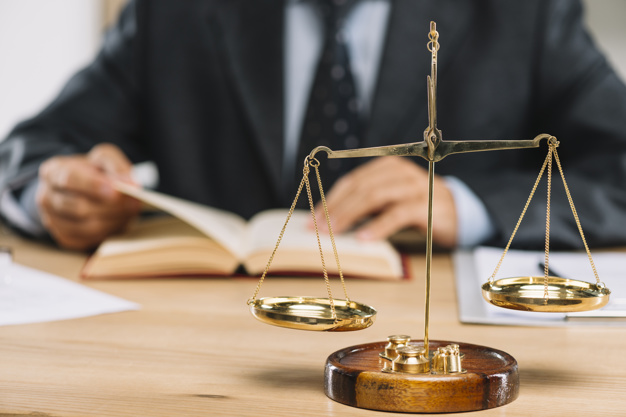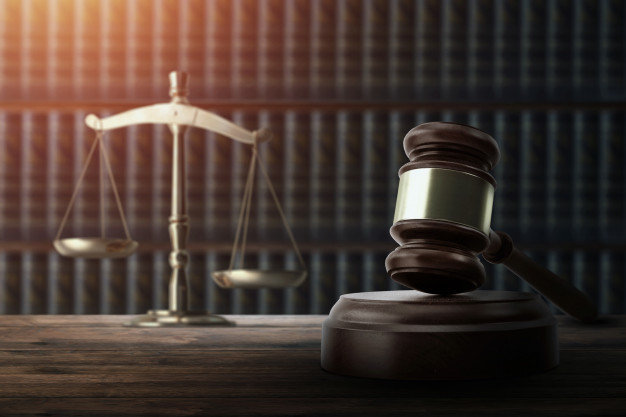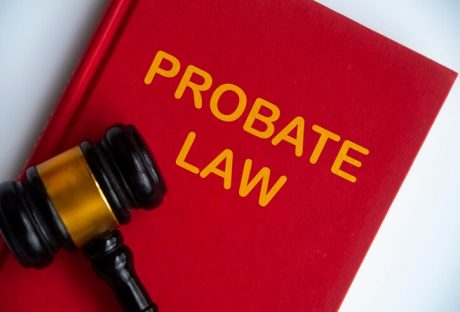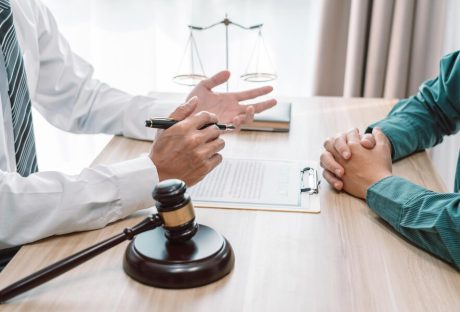Usually, people find themselves in a labyrinth when faced with criminal charges. One reason for that is the poor legal knowledge amongst the public. Most of the time, it is not what one must do but what one must not do that gets them in trouble during prosecution. In such situations, hiring an attorney is the best you can do to avoid your case’s further aggravation.
There are some guidelines that you, as a defendant, must be mindful of in legislatures. A majority of civil and criminal cases are not complicated as litigants present them to be. It usually occurs when either party is unaware of the legal procedures and tries to find a way out in vexation. Let us discuss some dos and don’ts that will help you in your criminal cases.
1. Keep It Candid with Your Lawyer:

Out of the fear of facing prosecution at their lawyer’s hands, people will leave out details while communicating with their attorney. However, this is where the defendant is wrong. The defendant can only see his case from the perspective of a layman with no legal knowledge. There are many intricacies and loopholes in any criminal case when examined by the criminal codes. Thus, transparency is the key because the more details you leave out, the more complex the case gets. Take your lawyer’s word when he/she swears to keep the conversation strictly confidential unless there is a third-party involved. Lawyers have to abide by the law to ensure that their client gets satisfying outcomes. Therefore, they will go to any length to represent your case before the judge.
Moreover, you can also avail of an online pre law degree to understand the legal matters and ensure that you receive your statutory rights. Also, it will enable you to determine the details of your case more adequately and help your attorney more efficiently.
2. Avoid Interaction with Law Enforcement Until You Get a Lawyer:
Most of the time, when the charge is severe, the law enforcement agencies step in before the defendant can get a chance to hire a representative. There is nothing wrong or illicit about it. You are not being persecuted at the hands of law; law enforcement is just doing its job. In every country, the citizens have the statutory right to remain silent if they do not have an attorney to represent them before the law. Most people would try to deal with the law enforcers on their own, unknowingly making things worse for them. It does not matter what you say; the law cannot talk your way out of their office until someone brings insufficient proof and arguments to back your innocence. The wise thing to do in such situations is to ask them for a representative. Engagement with law enforcers does not only mean interaction with the officials after an arrest. If a police officer comes knocking at your door to search the place, you have a right to say no, and that is what you must do.
3. Respect the Courts:
Throughout the world, the jury and judges have enormous power. Disrespecting the judiciary often leads to grave consequences and might add more to your pre-existing legal troubles. Thus, it’s in your best interest to show respect to the courts. Respecting the judiciary during your trial is not only limited to addressing the judge or the jury with care. It extends to how you dress and present yourself before the court. Your presentation plays a big part in how the prosecutor, the judge, and the jury perceives you. If you do not have something appropriate to wear, ask your lawyer to arrange an outfit. Another way to show your respect towards the court is to always appear on time. Maintain your composure and stand tall while addressing the judge. Faltering in speech or speaking with slumped shoulders and grouched demeanor will give the judge a hard time taking your point of view seriously.
4. Do Not Discuss Your Case Even With Your Family without Asking Your Attorney:
It is understandable if you want to share the burden with your loved ones. However, you never know how far the news will travel on the grapevine, and you might end up with a lot more complications. Thus, remain silent until your attorney has your case sorted out. It is the best way to keep the situation under control. Stay discreet about your case except with your lawyer. Also, avoid telling the world about wrongful handling through social media or chatting platforms. You do not know your case’s graveness and how strict the law enforcement might be about the charges against you. When you give off details about your case to the general public, it only gives the law enforcers more chance to compare the evidence with your statements and find a fault. Staying off social media and avoiding discussions in your household and social circles would be best in your interest.
Navigating Plea Bargains: What You Should Know
No matter how great a case is or how good a lawyer is, sometimes the evidence could be too incriminating!
Hence, a plea bargain comes into place!
Before we continue, we would like to emphasize that this is a final resort and not the first thing that an attorney will advise.
Unless your case is that severe!
Nevertheless, plea bargaining can be a pivotal part of any criminal case.
What is a Plea Bargain?
A plea bargain is a deal by the prosecutor in which a defendant agrees to plead guilty. This is either to a lesser charge or to accept a lighter sentence in exchange for avoiding a full trial.
A plea bargain only comes after the judge has given a judgment, and the criminal attorney will draft a plea bargain.
This can be beneficial, especially in cases where evidence may not favor the defendant. However, plea bargains come with significant consequences, as pleading guilty will still result in a conviction.
When to Consider a Plea Bargain
If your attorney advises you that the evidence is overwhelming, accepting a plea deal may reduce your sentence or lessen the severity of the charges.
However, it’s crucial to fully understand the terms of the bargain and ensure it aligns with your long-term interests.
The Role of Your Attorney
Always discuss plea bargains with your lawyer before accepting any deals.
Your attorney will evaluate the offer, assess whether it’s in your best interest, and potentially negotiate better terms. Do not rush into a plea deal without fully understanding the legal and personal consequences.
Yes, navigating criminal charges can be overwhelming, but plea bargaining is an option that may provide a way to deal with the outcome.
You have to trust your lawyer’s judgment, weigh the pros and cons, and ensure you understand the full impact of accepting a plea before moving forward.
This is why picking the right lawyer is so very important!
Try to Stay Calm!
People who are faced with criminal charges for the first time have it worse. They do not know who to approach and what to avoid keeping the situation under control.
Therefore, bear in mind that sorting your case by yourself can lead to grave and irreversible consequences.
Thus, the best way to ensure that you get your deserving rights is to hire an attorney skilled in representing criminal cases. An experienced lawyer will guide you through the process to get the outcomes that you deserve.
Read Also:
- Tips To Choose The Best Lawyer In Your Country
- The Basics of Criminal Appeals Law
- Civil Cases Versus Criminal Cases: What You Need To Know
- What Do Criminal Defense Attorneys Do?























